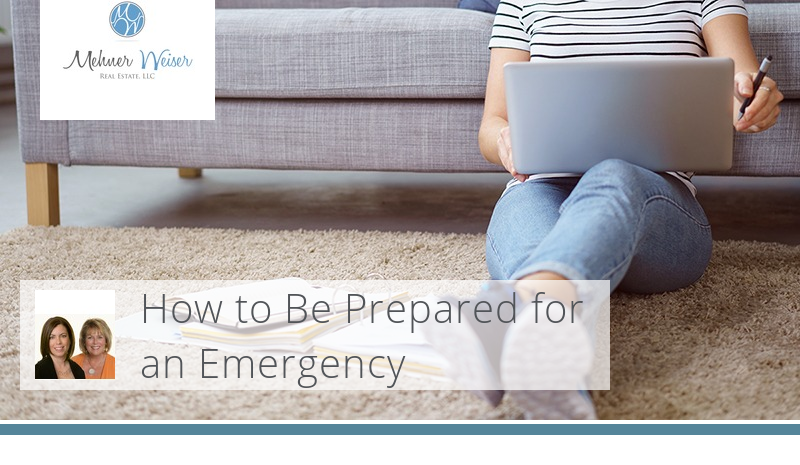Credit Score: What It Means and How to Improve It

Are you considering making a major purchase, like buying a home, this year? If so, your credit score will likely come into play. An understanding of the basics can help you effectively monitor and manage it.
Credit Score 101
Your credit score will usually range from 300 to 850. It's derived from an algorithm that takes into account several factors, including payment history, the total debt owed and length of credit history.
Lenders use this three-digit number to predict risk and the likelihood that you'll repay your debt on time. The higher your credit score, the less risk you are and the lower your loan terms will be. For example, a person with a "good" credit score of 700 may have a lower interest rate and smaller required down payment than someone with a "poor" credit score of 400.
How to Improve Your Score
If you don't have much credit history or you have a few negatives on your report, consider these strategies to increase your score.
- Pay all of your bills on time. Late payments can negatively impact your score.
- Pay off debt where you can. The less debt you have, the lower your debt-to-income ratio.
- Keep your credit card balances as low as possible, aiming to use no more than 30 percent of your available credit. And pay off as much as you can each month since higher balances can sink your score.
- Review your credit report at least annually, and keep an eye out for mistakes and identity theft.





